X
wikiHow is a “wiki,” similar to Wikipedia, which means that many of our articles are co-written by multiple authors. To create this article, volunteer authors worked to edit and improve it over time.
This article has been viewed 26,017 times.
Learn more...
Misgendering is something you might have experienced at some point in your life whether you are trans or cis. Misgendering can be very hurtful and cause mental health issues for some. But what is misgendering, and what's so bad about it? In this wikiHow, you will learn about misgendering and what to do if you accidentally misgender someone.
Steps
Section 3 of 5:
Avoiding Misgendering
-
1Refer to someone with gender neutral terms before you get to know them. Use "they/them" and "person" to refer to somebody before you know their gender. For example, if you see a stranger at the park with a dog, you could say, "The person with the red shirt is walking their dog," rather than "That lady is walking her dog."
- It will be likely be awkward for you and the other person when you called them "he" and "a guy" just because they had a buzz cut.
-
2Avoid making assumptions on someone based on how they look. Simply because somebody is wearing a dress doesn't mean they are a woman, and somebody with short hair isn't automatically a man. Don't make assumptions about someone's gender until you've met them.
-
3Ask how the person would like to be referred to when you get the chance. The best time to ask for someone's gender or pronouns are when you introduce yourself. You could state your pronouns, along with your name, for example; "Hello! I'm Sam. My pronouns are she/her and he/him. What's your name and what pronouns do you use?"
- Many people don't like being asked what their pronouns are. For trans people, it can seem like being asked if they're trans, which can be a problem, especially if they're stealth. You can also ask for their name or gender directly.
-
4Get creative when greeting friends. Use words like "y'all" and "folks," "greetings," "everyone," or "friends," when addressing your comrades, rather than "guys" or "ladies and gentlemen" to be more inclusive.
- At all costs, avoid using phrases like "guys, gals and nonbinary pals" "girls, gays and theys" since it reduces trans and nonbinary down to gender and pronouns.
Advertisement
Community Q&A
-
QuestionIs the word "dude" gender-neutral?
 AasimTop AnswererIt largely depends on the context. In most cases, no. A more neutral (and polite) term depending on the context is "excuse me" as in "Excuse me, why did you do this?" or "people" as in "I talked with a bunch of people."
AasimTop AnswererIt largely depends on the context. In most cases, no. A more neutral (and polite) term depending on the context is "excuse me" as in "Excuse me, why did you do this?" or "people" as in "I talked with a bunch of people." -
QuestionCan I use a pun to refer to a person as a harmless joke?
 AasimTop AnswererYou might want to be careful with using vocabulary that might be perceived as racist, sexist, or [insert identity term here]-phobic. There is a difference between talking down stereotypes and belittling of others. You are more likely to be perceived as discriminatory if you belittle others than if you talk down stereotypes in the form of self-deprecation.
AasimTop AnswererYou might want to be careful with using vocabulary that might be perceived as racist, sexist, or [insert identity term here]-phobic. There is a difference between talking down stereotypes and belittling of others. You are more likely to be perceived as discriminatory if you belittle others than if you talk down stereotypes in the form of self-deprecation. -
QuestionWhat can I do when somebody misgenders me?
 NicoTop AnswererIt's best to correct the person if they don't correct themselves, and move on. Try not to make a huge deal out of being misgendered, as it might become awkward for you and the other person.
NicoTop AnswererIt's best to correct the person if they don't correct themselves, and move on. Try not to make a huge deal out of being misgendered, as it might become awkward for you and the other person.
Advertisement
References
About This Article
Advertisement


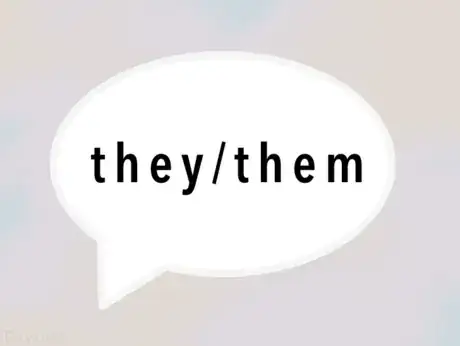
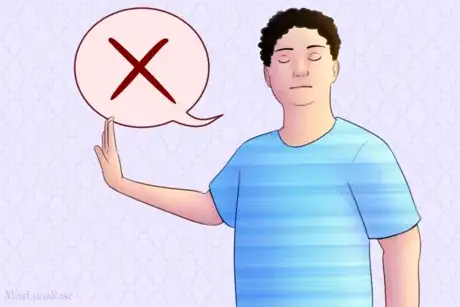
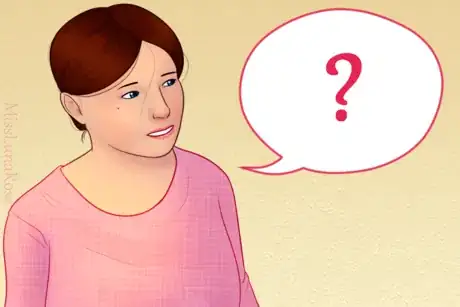
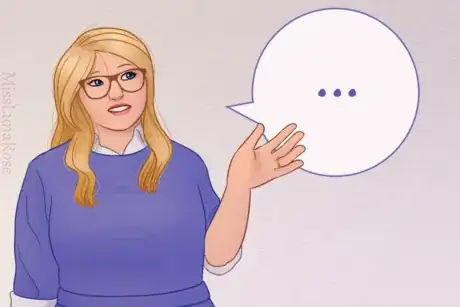
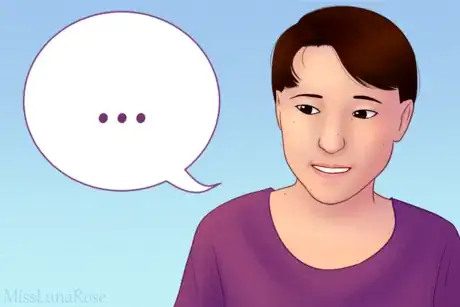
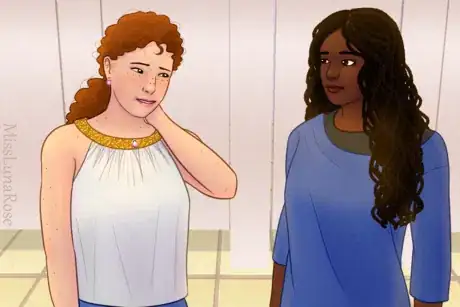
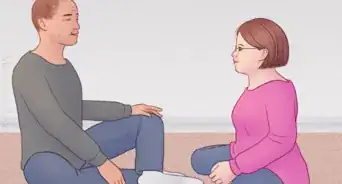

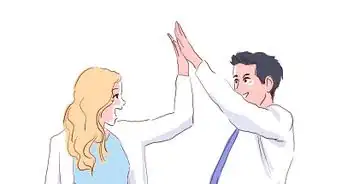
-Step-14-Version-2.webp)
-Step-16.webp)



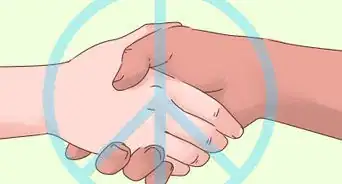

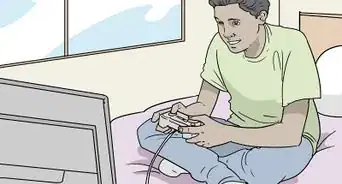

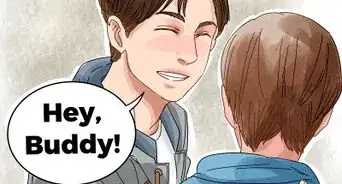










-Step-14-Version-2.webp)


































